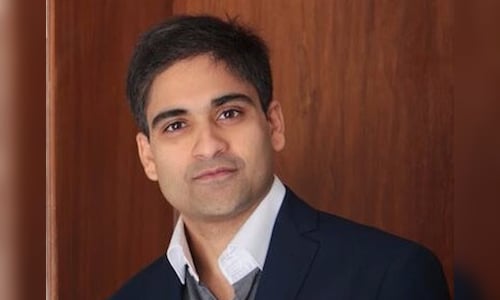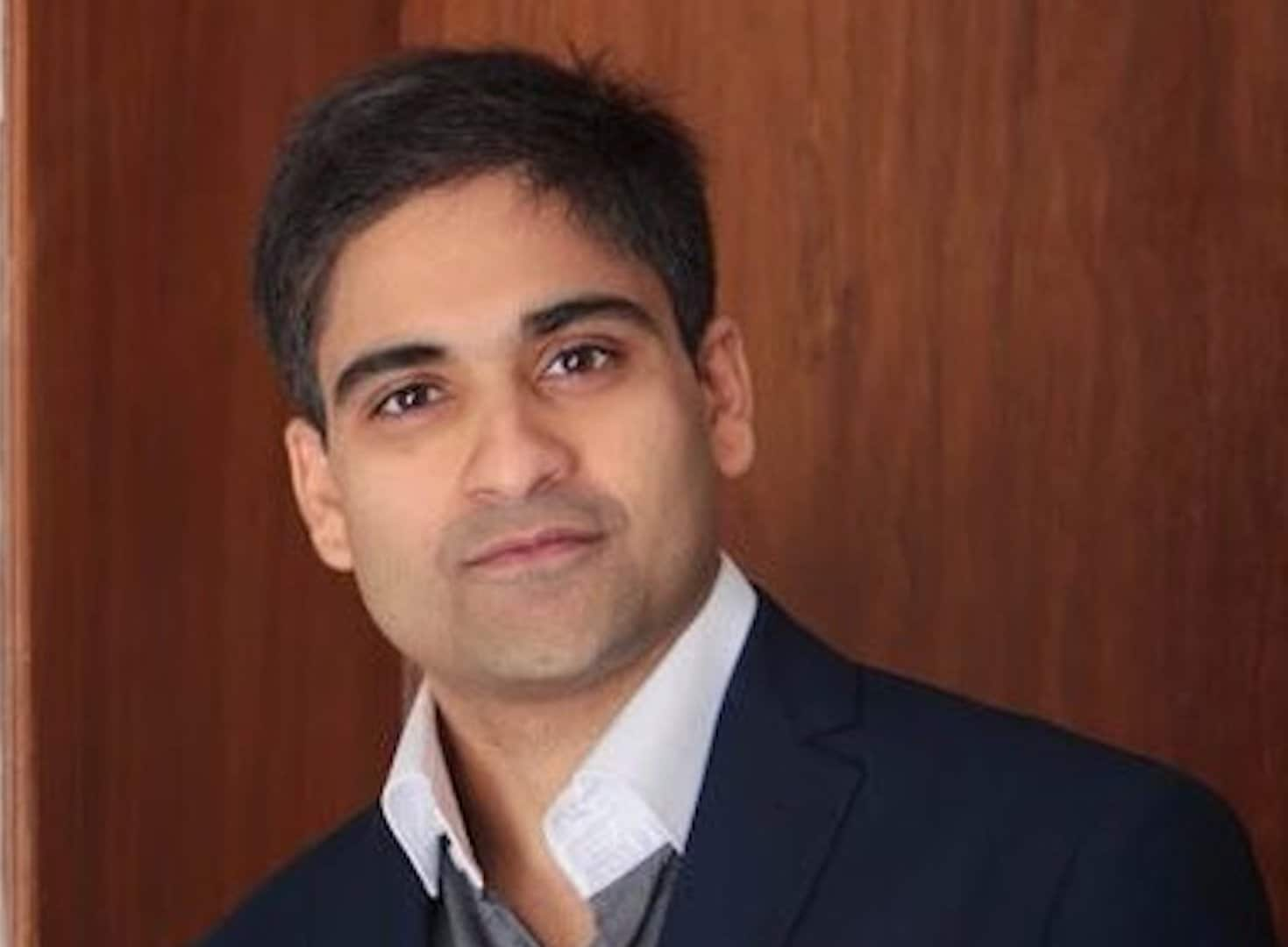

Index Fund Corner
Sponsored
| Scheme Name | 1-Year Return | Invest Now | Fund Category | Expense Ratio |
|---|---|---|---|---|
| Axis Nifty 50 Index Fund | +32.80% | Invest Now | Equity: Large Cap | 0.12% |
| Axis Nifty 100 Index Fund | +38.59% | Invest Now | Equity: Large Cap | 0.21% |
| Axis Nifty Next 50 Index Fund | +71.83% | Invest Now | Equity: Large Cap | 0.25% |
| Axis Nifty 500 Index Fund | — | Invest Now | Equity: Flexi Cap | 0.10% |
| Axis Nifty Midcap 50 Index Fund | +46.03% | Invest Now | Equity: Mid Cap | 0.28% |
Even though the Gen Z may not sense an imperative to start saving now, if they establish robust financial habits early on, they can manage financially and become independent.
Importance of Savings
A significant portion of Indian Gen Z works in the gig economy, where income fluctuates, and job security is not guaranteed. This lack of financial consistency can make the idea of saving feel less urgent. Additionally, family support may also provide a sense of security, leading to the belief that immediate financial needs can be met without saving.
Despite these factors, the younger generation should recognise the importance of saving. Building a savings habit early lays the foundation for financial stability, providing a buffer in emergencies such as unexpected medical expenses, job loss, or other unforeseen circumstances. It helps reduce reliance on others, offering greater control over one’s financial future and enabling individuals to make life decisions without the constraints of economic uncertainty.
It also allows individuals to pursue personal goals, whether it’s securing their financial future, affording higher education, starting a business, or simply having the freedom to make choices that align with their values.
Here is a list of effective saving strategies that can be followed by the young who are beginning a financially independent life:
-
-
- Making a right budget
- Creating a budget helps prioritize basic needs, avoid spending more than planned, and put some cash aside for long-term goals. One vital area to focus on is the emergency fund. Life is full of surprises, and having cash to give yourself as a cushion for unforeseen expenses or situations—whether it is a medical emergency, accident repairs, or sudden job losses—reduces dependence on others and makes life stress-free.
- Using cashbacks, coupons, and discounts when making purchases
- It may seem old-fashioned, but no other way of saving is more reasonable than using Cashback, coupons and discounts to save money. Many applications make finding digital coupons or cashback offers easier. Saving daily expenses while shopping means one has enough funds to be redirected toward important components, like setting up an emergency fund or investing. These small savings lead to more significant amounts of money, and lending helps you manage your finances more effectively. A 2023 survey found that 55% of urban Indian respondents preferred cashback offers over other deals.
- Maximise Savings with Regular Deposits and Digital Banking Tools
- Depositing money into the bank regularly has two benefits: one is that you can easily see the amount you have saved, and the second is that you earn an interest on the principal amount. Most banks have developed their own apps, so you don’t have to go to the bank to perform any banking operations. On top of that, their spend analysis feature enables you to track your spending habits in real time, thus giving you better control over your finances.
- Using the Power of Compounding to Generate Wealth
- An effective saving strategy secures the future but does little to create wealth. If you park your money in the right financial tool, you can not only create wealth but also become an effective source of alternate income. Therefore, it is essential to explore all financial instruments and select the right one for yourself.
- Stocks
- Stocks are one of the most effective solutions for those looking to grow their money through the power of compounding. In the Indian stock market, the stock price starts from ₹1, meaning that even young people with very little money at hand can also invest. Similarly, there is no maximum limit for gains either. However, it should be recognised that the stock market is volatile, so it is best to thoroughly analyse and diversify your stock portfolio to ward off any risk.
- Digital Gold
- Earlier, one needed a significant amount of money to invest in gold, but with the advent of Digital Gold, one can start from ₹10. The quantity of gold you buy is backed by the 24k gold and is directly linked to the gold prices in the market. Gold is a long-term storage of value, and its gains are estimated to be 10%-13% per year. Since it is backed by real gold, it is inflation-proof in most cases. In the shorter term, it may not yield high returns, but it is a trustworthy asset during economic instability.
- Fixed Deposits
- Just like Digital Gold Fixed Deposits, they are also virtually safe due to the guaranteed return offered. They offer a return of about 7% but can increase and decrease based on the duration of your investment. Although the returns may be lower than those obtained from equities, they are the most suitable investment for cautious investors who prioritise safety. The minimum amount required to park your money varies depending on the policy you pick to invest in. Some begin at INR 1000 while others range from ₹5000 to ₹10000.
- Mutual funds
- Mutual funds are another terrific option for investors who would rather not have the time or expertise to pick individual stocks. You can begin with as little as INR 100 per month and can go up depending upon the size of your purse. The joint purchase of funds throughout the entire team goes to a diversified portfolio of stocks, bonds, or other assets. Professionals manage them, and the risk is spread among the multiple sectors. Mutual funds have delivered around 10-12% of the yearly return, but some go up as much as 18%, meaning you can double your principal amount in just about 5 years.
- Public Provident Fund (PPF)
- The Public Provident Fund (PPF) is a scheme launched by the Government of India that provides tax benefits along with a sense of long-term security. It offers assured returns with tax-free withdrawals after a specified time—therefore, it is a good instrument for a conservative investor intending to utilise a secure, government-backed investment option. In the third quarter of 2024-25, the interest rate for this debt security instrument was 7.1%, with a minimum amount requirement of about INR 500 to 1.50 lakh in a year.
-
What is the way forward
When we consider the future, we can say that Gen Z, through smart saving and investing practices, is highly empowered to shape their financial futures. Tapping into the most modern equipment, starting at the early stage, and diversifying investment opportunities can be the route to achieving financial independence and creating a treasure of wealth long into the future.
—The author, Rohan Bhargava, is Co-Founder of CashKaro and EarnKaro. The views expressed are personal.
(Edited by : Unnikrishnan)
First Published: Dec 7, 2024 1:25 PM IST



